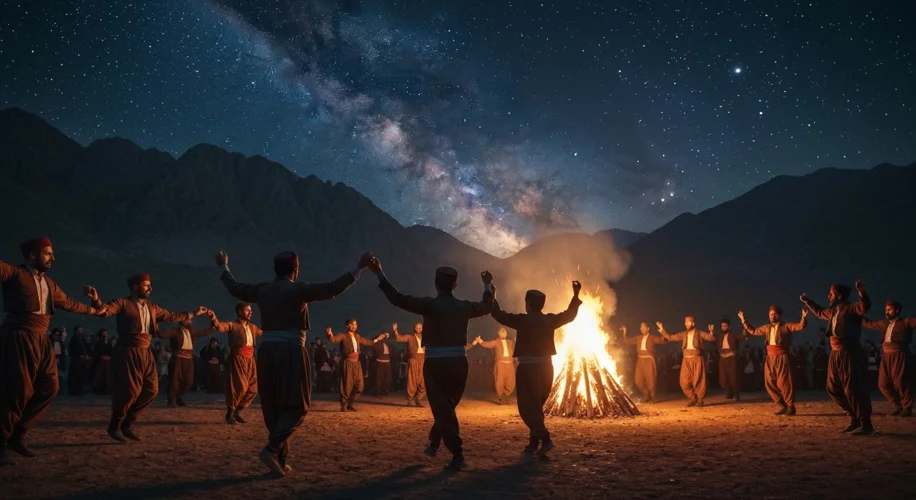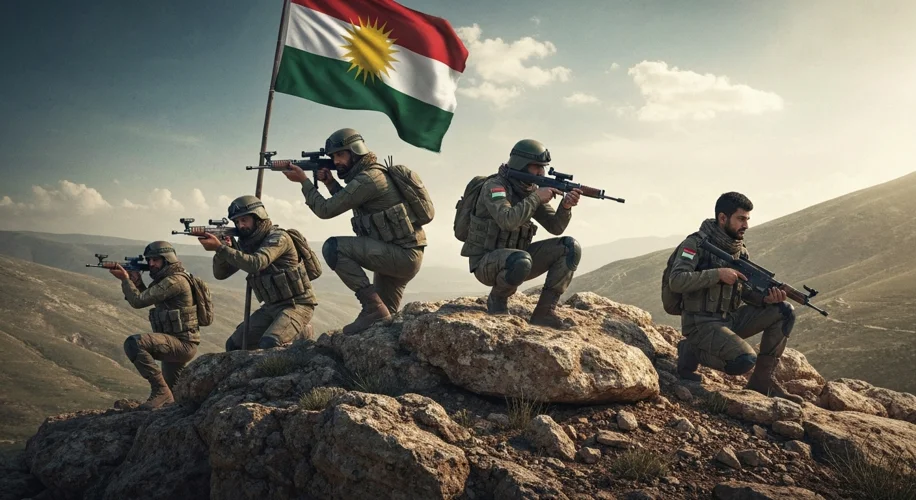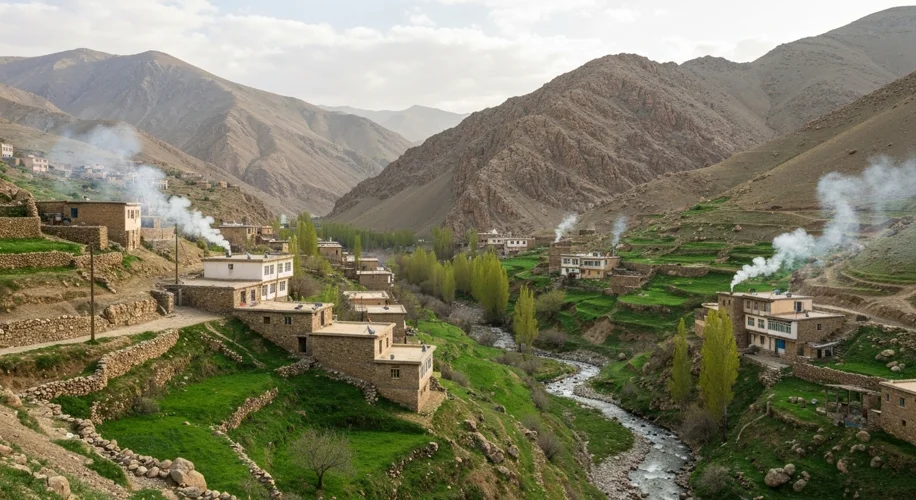The craggy peaks of the Zagros Mountains have long been a sanctuary, a formidable natural fortress that has shielded a resilient people and their ancient culture for millennia. This is the ancestral homeland of the Kurds, a nation without a state, whose story is one of enduring identity, cultural richness, and an unyielding pursuit of self-determination that has reverberated across the Middle East.
For centuries, the Kurds have carved out a distinct existence in a region often defined by shifting empires and powerful nation-states. Their roots stretch back to the ancient Medes, a powerful Iranian people who once held sway over a vast empire. Over time, the Medes assimilated into the broader Iranian cultural sphere, but a distinct branch, the Kurds, maintained their unique language, customs, and a strong sense of collective identity. They are not Arabs, Persians, or Turks, though their lives and lands have been intertwined with these major ethnic groups for as long as history has been recorded.
The Kurdish language, a member of the Indo-Iranian family, boasts two main dialects: Kurmanji and Sorani, each with its own literary traditions and vibrant oral histories. Their culture is a tapestry woven with threads of Sufi mysticism, ancient Zoroastrian echoes, and a deep connection to the land. Festivals like Newroz, celebrating the vernal equinox and the legendary blacksmith Kawa’s rebellion against a tyrannical king, serve as powerful reminders of their enduring spirit and their struggle against oppression.

The modern chapter of the Kurdish quest for autonomy is inextricably linked to the collapse of the Ottoman Empire after World War I. The victorious Allied powers, in their redrawing of the Middle East’s map, largely disregarded the aspirations of the Kurdish people. The Treaty of Sèvres in 1920 initially promised an independent Kurdistan, but this dream was brutally extinguished by the Treaty of Lausanne in 1923, which solidified the borders of modern Turkey, Syria, Iraq, and Iran. This arbitrary division splintered the Kurdish homeland, known as Kurdistan, across these four nation-states, often relegating the Kurdish population to minority status and subjecting them to policies of assimilation and suppression.
Throughout the 20th century, Kurdish communities found themselves navigating a treacherous political landscape. In Iraq, the Ba’athist regime under Saddam Hussein launched brutal campaigns against the Kurds, most infamously the Anfal genocide in the late 1980s, which saw the systematic killing of tens of thousands of Kurds and the destruction of numerous villages using chemical weapons. In Turkey, the Kurdistan Workers’ Party (PKK) emerged in the 1970s, leading an insurgency against the state in pursuit of Kurdish rights and, for a time, an independent state. Syria and Iran have also imposed strict controls on Kurdish cultural and political expression, leading to ongoing tensions and intermittent conflict.
Despite the immense challenges, the Kurdish spirit of resilience has never been broken. The establishment of the Kurdistan Regional Government (KRG) in northern Iraq following the 1991 Gulf War marked a significant, albeit imperfect, step towards self-rule. The KRG, with its own parliament, president, and armed forces (the Peshmerga), has become a crucial stabilizing force in a turbulent region, despite ongoing disputes with Baghdad over oil revenues and territory.

More recently, Kurdish forces, particularly the People’s Protection Units (YPG) in Syria, have played a pivotal role in the fight against the Islamic State (ISIS). Their courage and sacrifice on the front lines garnered international attention and support, yet also created complex geopolitical dilemmas, particularly concerning Turkey’s security concerns regarding the YPG’s links to the PKK.
The Kurdish struggle is not merely a political one; it is a deep-seated cultural and historical imperative. It is about preserving a language passed down through generations, maintaining traditions that connect them to their ancestors, and ensuring that their unique identity is not erased by the homogenizing forces of modern nation-states. Their resilience in the face of relentless adversity, their vibrant cultural expressions, and their enduring fight for self-determination offer a powerful testament to the human spirit’s unyielding quest for freedom and belonging.
The journey for Kurdish autonomy is far from over. It is a narrative that continues to unfold, shaped by regional conflicts, international diplomacy, and the unwavering determination of a people who have for too long been denied a homeland of their own. Their story serves as a stark reminder of the enduring power of identity and the persistent human longing for self-governance in a world still grappling with the legacies of arbitrary borders and historical injustices.

